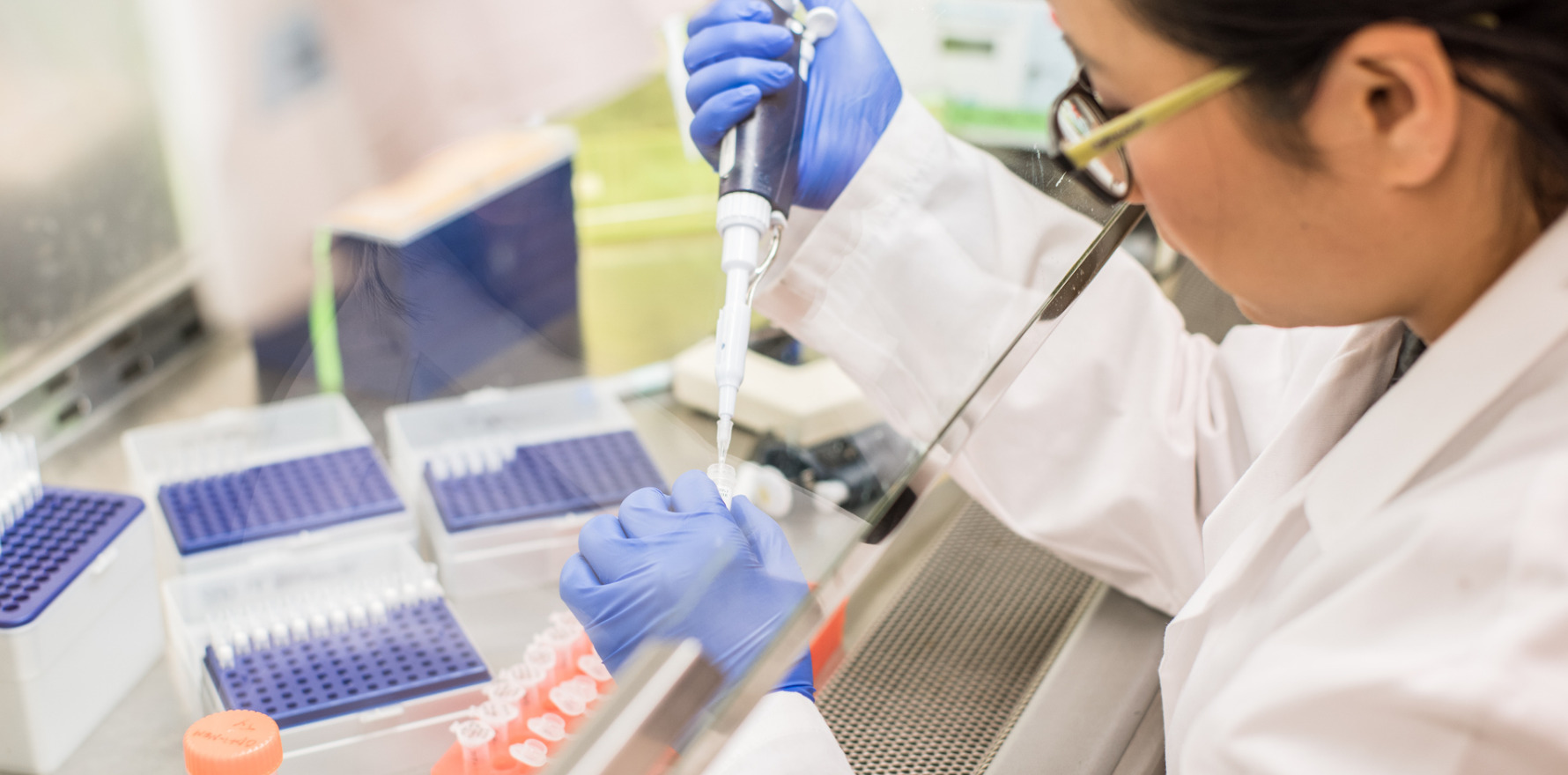The traditional thinking that matching patients with relevant clinical trials at the primary care level is too hard, has been turned on its head by some neat new technology.
These days, a lack of time and money and increasing amounts of red tape tend to combine to thwart any meaningful new value-added options for patient care within a GP setting.
Until recently, the idea that a GP would be able to afford the extra time, money and effort it takes to match a patient with relevant clinical trials in Australia – a service that has the potential to add significantly to the wellbeing of a subset of most GP patient lists – would have been considered fanciful.
But a new service and application, easily accessible to most GPs in the country via the major GP patient management system platforms, is streamlining the process behind the scenes for GPs and their patients, and even offering to add a little to a GP’s dwindling income stream in the process.
Figures from a new report released this month by MTP Connect showed that about 90,000 Australians participated in clinical trials in 2022, and there were 1850 trials started that year. Yet 80% of clinical trials are delayed, mainly due to participation issues.
Another report identified several barriers to participation, including uncertainty about possible side effects (57%), inconvenience of trial location (44%), and the time commitment required (32%) were notable factors influencing Australia’s decisions.
Importantly, the evidence is clear that patients want to learn about trial opportunities from their trusted healthcare professionals however access to current trial information for GPs in a busy practice historically hasn’t been available.
But an Australian startup, Evrima Technologies brought to market an innovative integrated solution called Evripath. This clinical trial search tool was designed for GPs and automates the process of accessing clinical trials behind the scenes for GPs and their patients while in consultation. Evrima envisions that by bridging the gap between clinical research and general practice, that they will put a dent in that 80% delayed figure, which is the major pain point faced by researchers in establishing and operating a clinical trial.
In thinking through the GP-facing solution, Evrima sought out the expertise of technologists who had deep domain expertise in the GP patient management system world, with a view to integrating their technology and back end processes into the daily work screens of every day GPs.
The result, according to Evrima CEO, Charlotte Bradshaw, is that most GPs who engage with Evripath will experience very little, if any, disruption to their day-to-day workloads, but be able to offer certain patients access to trials that could make a significant difference to their healthcare journey.
In addition, Evripath pays on a per patient enrolled model, so individual doctors, or practices who participate, can top up their income with a unique new revenue stream.
The workflow for a typical GP or practice is outlined in Figure 1 below.

GPs or practice managers can download the application via a one-time install. Once installed the application will show all the available trials, all of which are approved by an independent ethics committee.
A GP can decide on the process that best suits them, with the benefit of seeing ideal-fit patients at the click of a button. The GP can then decide to share trial information with their patients or speak with the principal investigator of the trial should they have questions.
The GP has oversight of all patients that become part of the process, and both GP-referred patients and patients who end up participating via the direct engagement route, attract a payment back to a GP or a practice.
Evrima offers, as a typical example trial, of potentially 60 patients identified, on average, 25 might end up participating in a trial, attracting a practice or doctor payment for participation in the process of $1250 for that trial, or $50 per referral.
The question then for Evrima to their GP clients might be, in a typical year, how many trials like this might a doctor or GP practice be offered, and how many would they be prepared to participate in all up?
It’s a problem that Bradshaw says a lot of researchers around the country might like to create and one which might start beating down that 80% figure in the near term, which would be a good thing for patients and GPs as well as the healthcare system overall.
For more information about Evripath head to evrima’s website, or if you would like to talk to someone at Evrima email enquiries@evrima.com.au.


